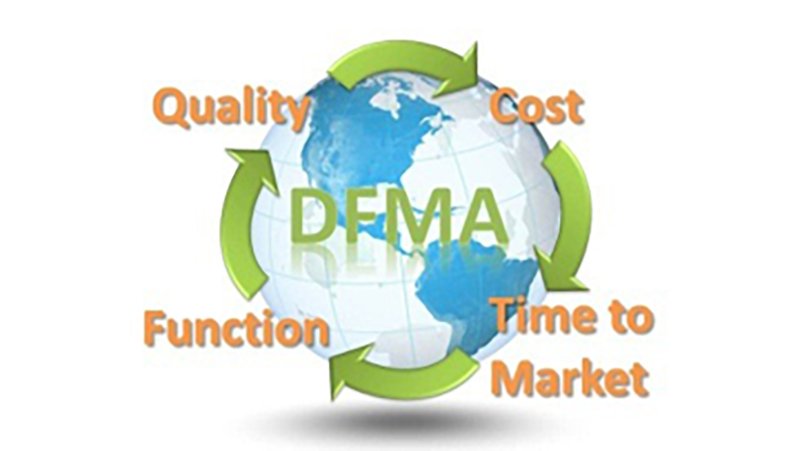Designing for a better built environment

International construction business Bryden Wood is looking to the future of construction by bringing integrated expertise, innovation, experience and creativity together to unravel the most complex problems for a better built environment.
Design for Manufacturing & Assembly (DfMA) has long been a part of the company’s philosophy, and they are now noting a shift in interest in construction globally towards this approach. As a recent Bryden Wood article highlights, they feel mainstream uptake is still hindered by a lack of clarity around terms like DfMA and its counterpart Modern Methods of Construction (MMC).
In broad terms, they describe MMC as being less a fixed list of construction methods and more a collective term referring to the full breadth of innovative technology and site processes now being applied to make construction more efficient on every level. DfMA designers, they say, use and expand on modern methods to deliver better building solutions. In short, they consider MMC part of the DfMA toolkit.
The article explains that conventional construction design is agnostic about how a build project comes together. However, the article explains that: “When designing for manufacture and assembly, the designer must find the best way to meet the client’s requirements by considering the most efficient way to manufacture elements of the building and the most efficient way to assemble them on site. Manufacturing and assembly processes can be carried out in off-site or near-site factories and consolidation centres and also within the site itself”
They summarise the key principles of DfMA as follows:
- DfMA is a design approach that considers ways to efficiently construct buildings by manufacturing and assembling their constituent parts.
- Designers apply DfMA by considering, evaluating and applying the toolkit of innovations collectively referred to as MMC.
- The MMC toolkit includes a range of systems, components and material and process innovations including off-site and site-based solutions. New MMC innovations are developed all the time.
A great first step in getting started with DfMA is to keep up to date with MMC innovations. “As the MMC toolkit grows it becomes more and more powerful. It is great to see players across the whole construction industry developing new innovative approaches to construction that expand the MMC toolkit.”
“With a strong and diverse MMC toolkit and growing DfMA experience in the design professions, the industry as a whole will be better positioned to seize the opportunity to deliver better performing buildings, with less resources, that deliver maximum value to clients,” the Bryden Wood article states.
Howick offers innovative technology that is part of the expanding MMC toolkit, so this growth in DfMA as a building philosophy is observed with great interest. You can see examples of how Howick light steel technology is driving business and build efficiencies in this context on live projects in our MMC construction showcases.
Was this article insightful? Share it
May 2022 #Features